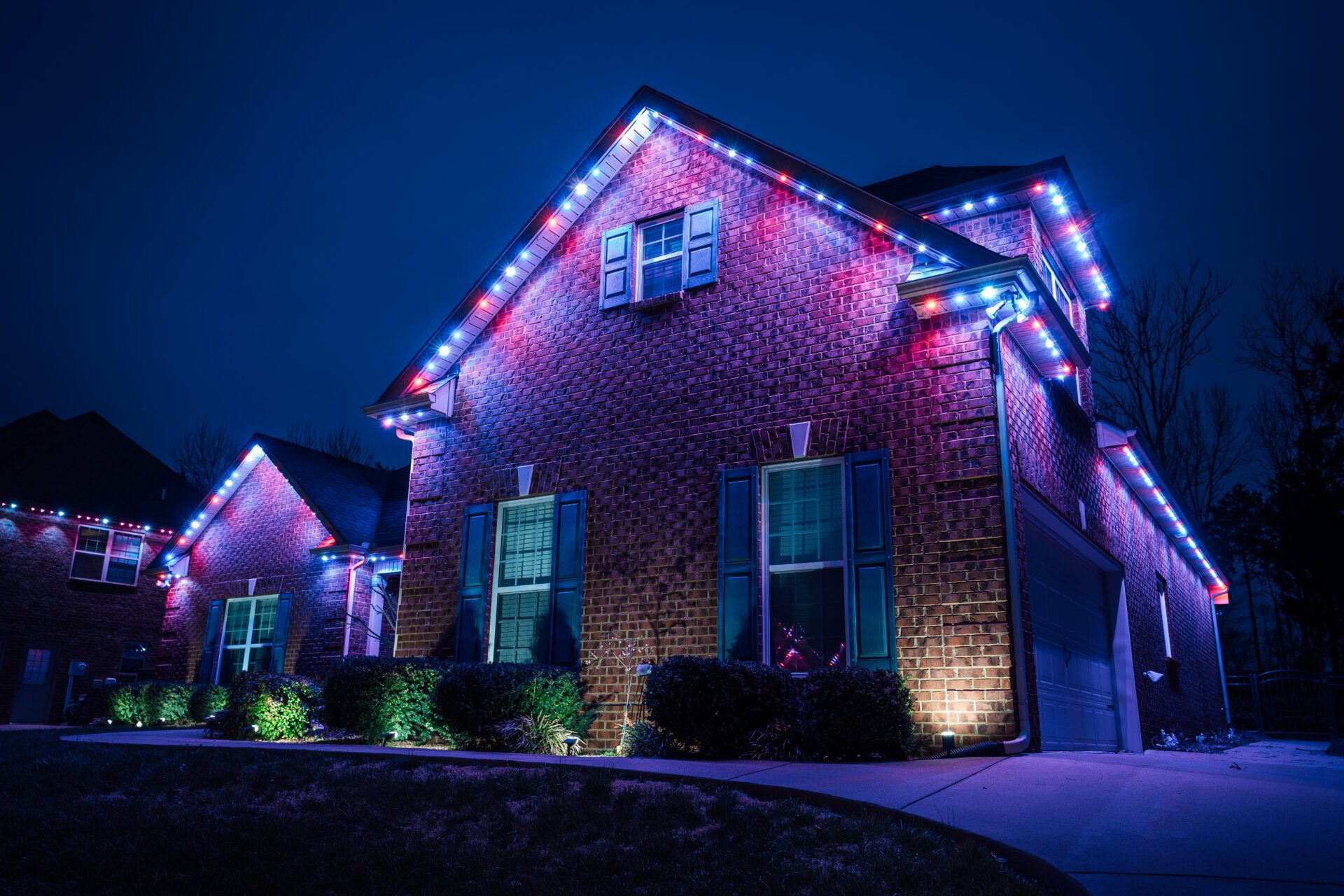
Signs Indicating Electrical Rewiring Is Required in Your Home
When I first started working in home services, one of the most common complaints I heard from homeowners was that something just didn’t feel right with their electrical system. In today’s modern homes, the demands on our electrical systems have increased dramatically due to advanced appliances, smart home devices, and higher energy needs. Recognizing when your home’s wiring or components are outdated or malfunctioning is crucial to prevent dangerous hazards like electrical fires, short circuits, or repeated power outages. If you’re a homeowner in Murfreesboro or Middle Tennessee area, scheduling an electrical inspection with a licensed electrician can protect your home from serious risk. In this article, I’m going to walk you through the distinct signs that indicate it might be time for electrical rewiring. We’ll discuss frequent circuit breaker trips, flickering or dimming lights, odd smells or burning odors near outlets, overheated outlets or switches, and electrical surges or fluctuations. Each section will provide deep insights, practical examples, and backed-up evidence so you can confidently assess your home. With references from recent peer-reviewed studies and extensive professional experience, I hope to help you understand the importance of timely electrical inspections and rewiring by certified electricians. Now, let’s dive in and look at what specific problems you might be noticing around your home.
1. Recognize Frequent Circuit Breaker Trips in Your Household
When your circuit breaker trips repeatedly, it is usually a clear sign that your electrical system is being pushed past its limits. The first indicator that there might be an underlying issue is if the breaker trips every time a particular appliance is used. This isn’t just a random occurrence – it points to either an overload in that specific circuit or a deeper wiring issue that needs immediate attention.
2. Observe Flickering or Dimming Lights in Rooms
Flickering or dimming lights are frustrating and often misunderstood symptoms that might hint at more severe underlying electrical issues in your home. At first glance, it could seem like just a problem with the bulbs or fixtures, but persistent fluctuations in your lighting levels can be an indicator that your home’s wiring is outdated or overloaded. Over time, as the demands on your system increase, the current supplied to your light fixtures can become inconsistent, resulting in visible disturbances that manifest as flickering or a loss of brightness.
3. Investigate Odd Smells or Burning Odors Near Outlets
Neither homeowners nor professionals like myself want to ignore any suspicious smells around the home, especially when they are accompanied by signs of electrical issues. A burning smell or an odd odor near outlets should always be taken seriously because these can be harbingers of overheating components, short circuits, or even an impending electrical fire. Apart from the immediate safety risks, such smells often indicate that something in the wiring or connected appliances is failing, and the damage may already be more extensive than it appears on the surface.
4. Analyze Overheated Outlets or Switches in Your Home
Overheated outlets or switches are common yet significant indicators that your home’s electrical system needs urgent attention. Outlets and switches should operate at normal room temperature; when they become uncomfortably warm or even hot to the touch, it is a red flag that something is amiss. This overheating typically results from poor connections, excessive load demands, or worn-out wiring components that have deteriorated over time. In my years as a journeyman electrician, I have seen numerous cases where an overheated outlet was not only a nuisance but a precursor to electrical arcing and even fire hazards.
5. Detect Frequent Electrical Surges or Fluctuations
Frequent electrical surges or fluctuations can be both alarming and destructive. Such electrical anomalies often manifest as sudden changes in the brightness of your lights or sporadic power inconsistencies throughout your home. They can damage sensitive electronics, shorten the lifespan of appliances, and create conditions that might eventually lead to more severe electrical faults. As a professional who has handled plenty of emergency repair services, I consider these surges a major indicator of underlying issues with your wiring, power supply, or even external factors influencing your home’s electrical intake.
6. Evaluate Your Home Wiring Age and System Needs
One of the most crucial factors in understanding the safety and efficiency of your home’s electrical system is the age and condition of your wiring. Many homes built decades ago were wired with materials and methods that no longer meet today’s electrical codes and safety standards. As technology has evolved, so too have the demands placed on our electrical systems. Outdated wiring is not only prone to performance issues like frequent surges and breaker trips, but it also presents a significant hazard in terms of fire risk and inefficient energy use. Evaluating your home wiring’s age and current state can provide a clearer picture of whether it’s time to invest in a complete rewiring or targeted updates.
Final Thoughts
In summary, the signs indicating that your home may require electrical rewiring are not to be taken lightly. From recurrent circuit breaker trips and flickering lights to smells of burning and overheated outlets, these warning signals all point to an underlying issue that could escalate into a serious hazard. By understanding these signs and taking prompt action—such as scheduling an inspection with a certified residential electrician in Murfreesboro, TN—you safeguard your home and family.. Ultimately, maintaining an up-to-date electrical system not only boosts efficiency and safety but also prepares your home for future technological advancements.



